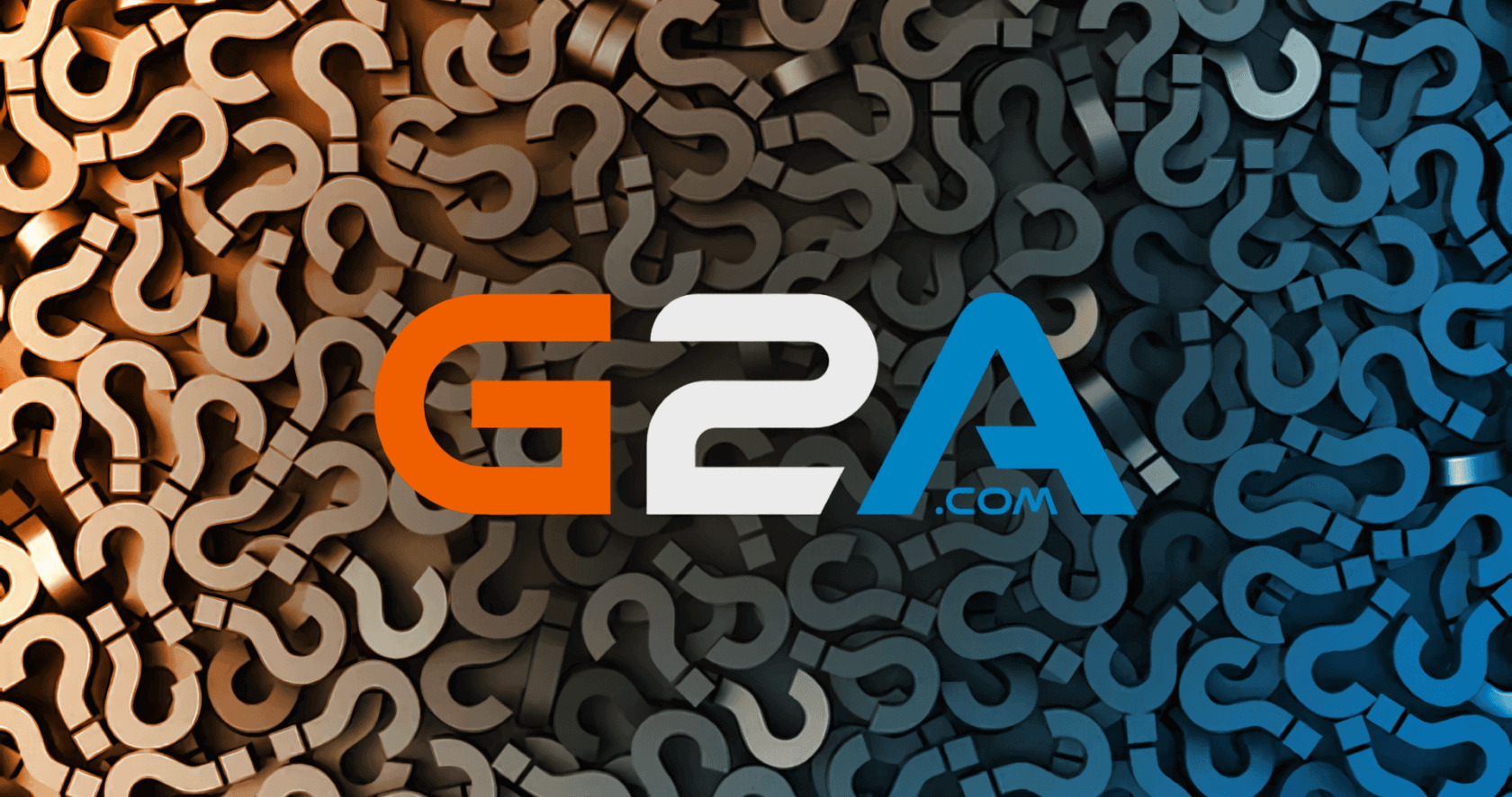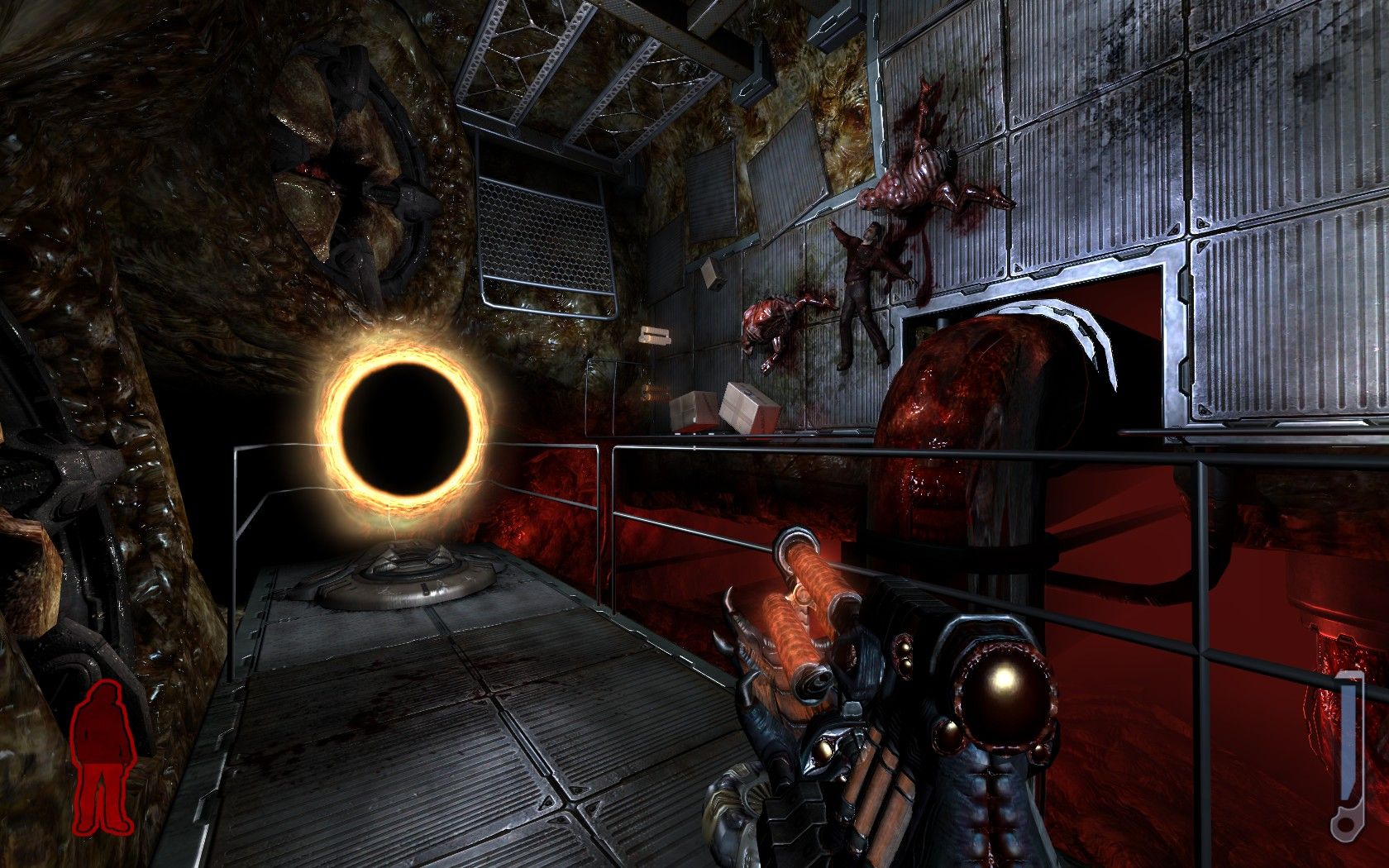These days, grey-market digital key distributors like G2A, Kinguin, and their ilk are about as well-tolerated as Myles Garrett in a Pittsburgh bar, and there’s little reason to argue in their defense. With reports concerning their potentially-illicit business schemes popping up on a regular basis, it’s hard to see these third-party retailers as anything other than the digital version of a back alley trenchcoat-wearing fake watch salesman.
Yet, scummy though they almost certainly are, they may just have a place in today’s gaming market. We aren’t interested in advocating for them or implying that anyone should actually do business with them, but, in a day and age in which most legitimate digital key retailers are seen as morally questionable (*cough* Epic Store *cough*), we can at least understand why they attract consumers.
First and foremost, it’s important to recognize that purchasing keys from these sites primarily punishes a game’s developer. Though some keys do likely come from unwanted Humble Bundle codes or via some other lawful means, a sizable portion of what’s available is commonly thought to have been purchased by way of a stolen credit card, which, of course, is incredibly illegal. Yet, it’s hard to coax consumers out of patronizing these sites when legal alternatives sometimes behave just as shadily. Should we really trust EA or Ubisoft with our credit card details any more than G2A? Each company claims to take privacy seriously, but, with all three regularly embroiled in controversy regarding consumer protection and developer abuse, who is to say that they aren’t all equally morally reprehensible?
It may seem a bit ridiculous to compare quote-unquote legitimate business to the likes of what is essentially the Silk Road—the deep web marketplace, not the historical trade route—of video games, but the reputations of almost every major DRM distributor in the industry are so far down the toilet they’re clogging up the S-bend. It’s sort of difficult to argue that Bethesda’s Fallout 76 is deserving of a full $60 from their proprietary storefront when these grey-market sites are peddling keys for less than a quarter of the price.
Really, this is more of an indictment of the industry as a whole than any sort of approval of what most of these retailers are doing, and it’s unfortunate that things have devolved into such a mess. Yet, with the PC gaming market divided into greedy fiefdoms such as it is, G2A and other such sites—at least on the surface—seem to offer a small recourse for those spurned by major corporations.
There’s also the matter of game archival to consider. With titles disappearing from digital storefronts and streaming services like Google Stadia further depriving consumers of ownership rights which were once taken for granted, it’s tough to guarantee that gamers will continue to have access to the products they’ve previously purchased.
One way to counteract this is to buy codes from third-party sites. For instance, it’s impossible to buy a copy of 2006’s Prey on Steam, as it’s been delisted. However, codes are still available on G2A for as little as a dollar, and, for those who don’t have access to a physical copy of the game, it’s either that or nothing.
Again, unfortunate though it is, grey-market retailers may just have a place in the industry in 2019. While, in almost all circumstances, buying from these places negatively impacts the health of both the developer and publisher, there are a few instances in which its either the only option or one of a few equally disadvantageous options. No, we aren’t advocating for them, we’re just begrudgingly admitting that, in this weird, pivotal age, they have their place.




